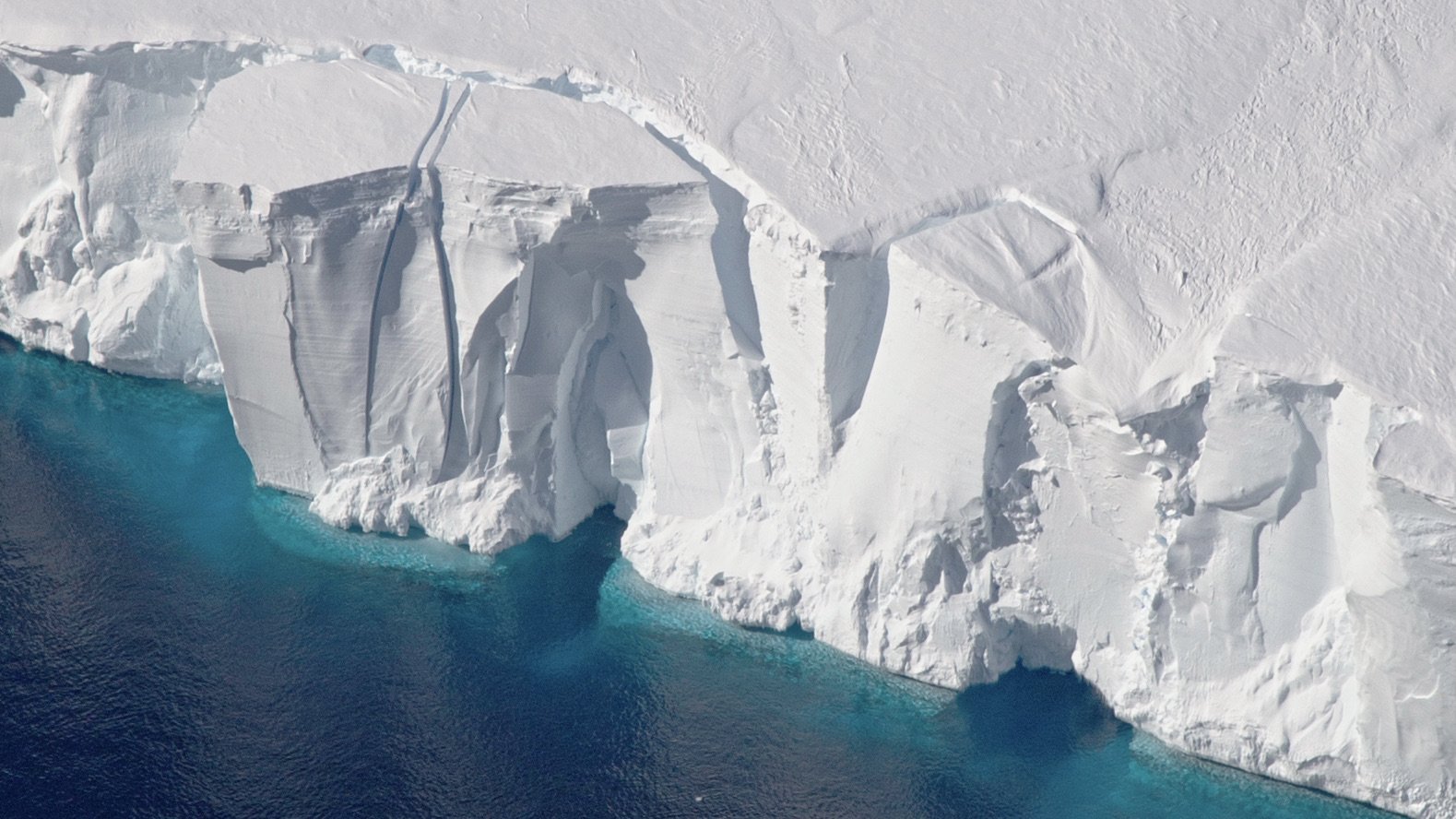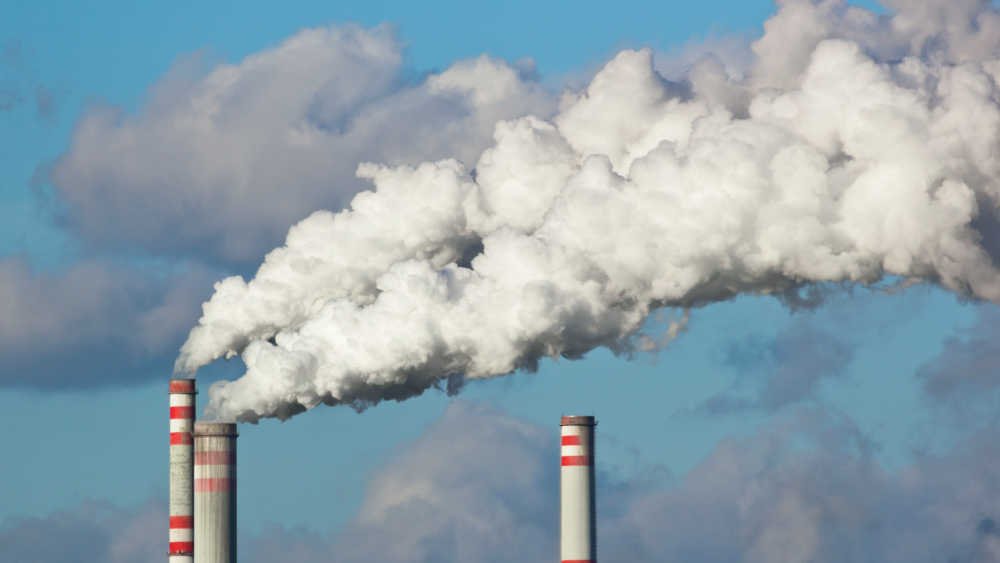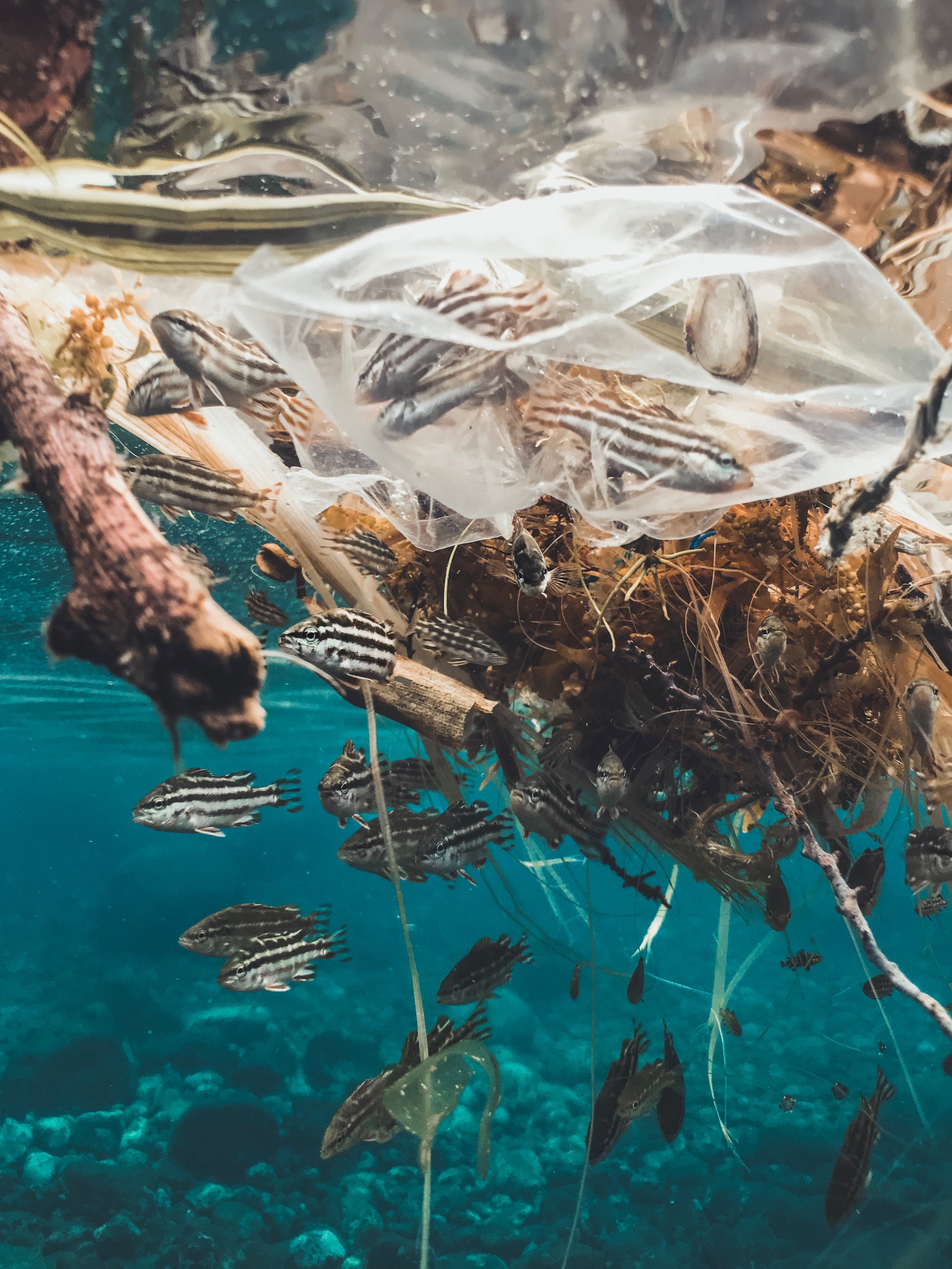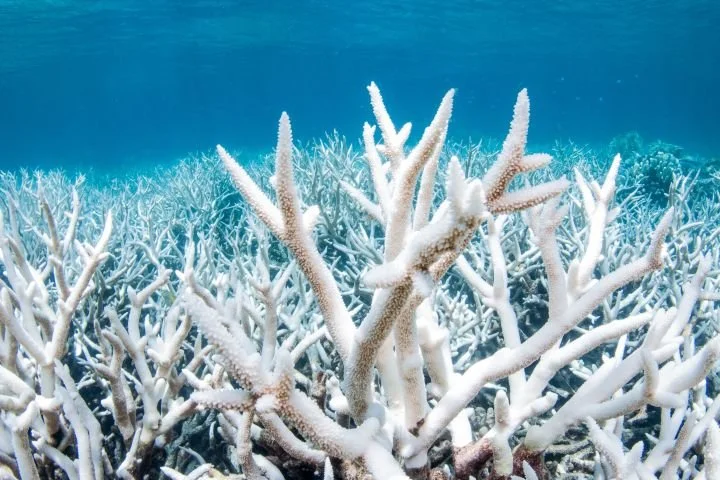What If Coral Reefs Disappear?
Without coral reefs, up to 1 billion people lose food security, entire marine ecosystems collapse, and coastal cities face greater storm damage.
Mission Statement
Coral SOS exists to protect the ocean’s greatest guardians—our coral reefs—before they vanish forever. We raise awareness, share solutions, and fight for a future where reefs still exist.
The Role of Reefs
Human Dependence
Why Coral Reefs Matter
Coral reefs, often referred to as the "rainforests of the sea," are among the most diverse and valuable ecosystems on Earth. Despite covering less than 1% of the ocean floor, they provide habitat for approximately 25% of all marine species, including fish, invertebrates, and other marine life.
Food Security: Many fish species that inhabit coral reefs are a significant food source for billions of people worldwide.
Economic Benefits: Reefs contribute substantially to economies through tourism and recreation. Activities such as diving, snorkeling, and fishing generate billions of dollars annually and support millions of jobs globally.
Medicinal Resources: Organisms found in coral ecosystems produce chemical compounds used in developing new medicines to treat various diseases, including cancer and bacterial infections.
Global Impact
Coral reefs act as natural seawalls, breaking up wave energy and protecting coastlines from storms, erosion, and rising seas. In an era of intensifying hurricanes and climate threats, this natural protection is more vital than ever.
What is destroying the Reefs?
Coral reefs are facing a global crisis—50% of the world’s coral reefs have already been lost, and the rest are under serious threat. But what exactly is driving this destruction?
-

Ocean Warming
-

Ocean Acidification
-

Pollution & Runoff
What We Lose if Reefs Die
Coral reefs are disappearing. If we let them vanish completely, the consequences ripple far beyond the ocean.
-
Habitat Loss: Coral reefs support approximately 25% of all marine species. Their disappearance would lead to the loss of habitat for countless marine organisms, disrupting entire ocean ecosystems.
Food Chain Disruption: The decline in reef-associated species would destabilize marine food webs, potentially leading to the decline or extinction of species that rely on these ecosystems.
-
Economic Impact: Millions of people globally depend on coral reefs for their livelihoods, particularly through fishing industries. The loss of reefs would devastate these economies.
Nutritional Consequences: Many coastal communities rely on fish from reef ecosystems as a primary protein source. Reef loss would exacerbate food insecurity in these regions.
-
Erosion and Flooding: Coral reefs act as natural barriers, protecting coastlines from waves, storms, and erosion. Their loss would leave coastal areas more susceptible to damage and land loss.
Displacement: Increased coastal damage could lead to the displacement of communities, creating environmental refugees and straining resources in other areas.
-
Carbon Cycle Disruption: Coral reefs naturally help absorb and store carbon dioxide (CO₂) through the formation of their skeletons (made of calcium carbonate). When reefs die, we lose one of nature’s ways of locking away carbon—meaning more CO₂ stays in the atmosphere, which contributes to faster global warming.
Chain Reaction in Ecosystems: Reefs support nearby ecosystems like mangroves and seagrass beds, which are even more powerful carbon sinks. Without coral reefs to protect and stabilize these areas, they too begin to degrade—further reducing the planet’s ability to fight climate change.
Warmer, More Acidic Oceans: The loss of coral can actually speed up both ocean warming and acidification, making it even harder for marine ecosystems to survive.
Click on the add button above for more information







